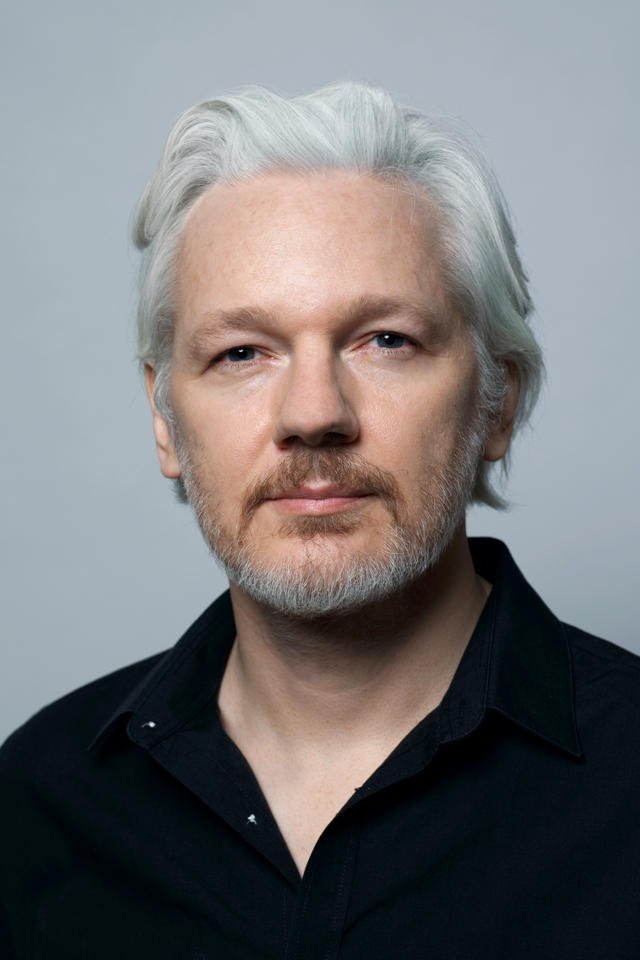

Julian Paul Assange (/əˈsɑːnʒ/ ə-SAHNZH;[3] né Hawkins; born 3 July 1971) is an Australian editor, publisher, hacker, and cypherpunk activist. He has a previous conviction for hacking, dating back to 1996. He founded WikiLeaks in 2006; the organisation came to international attention in 2010 when it published a series of leaks provided by U.S. Army intelligence analyst Chelsea Manning. After the 2010 leaks, the United States government launched a criminal investigation into Julian Assange and WikiLeaks.
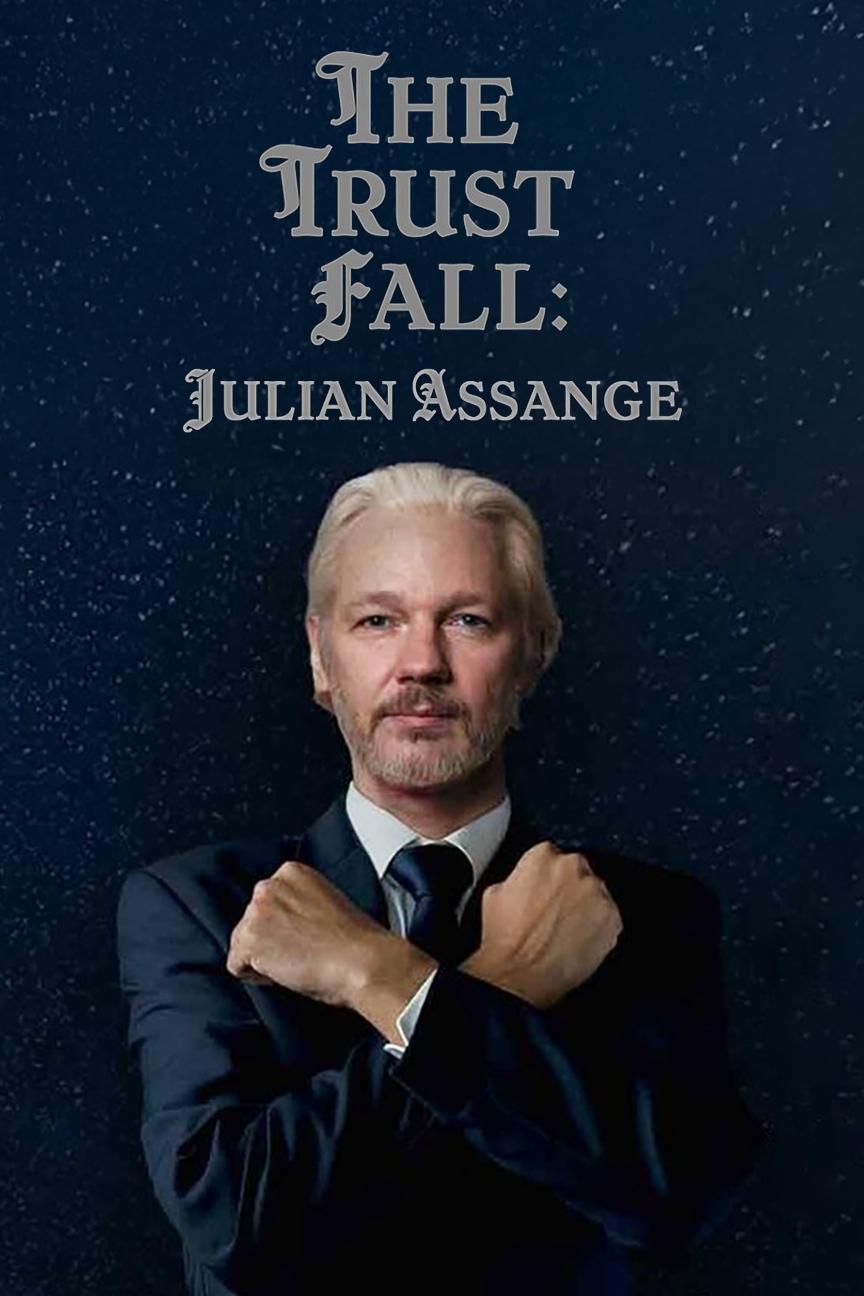
Examining the meaning and significance of the insights that WikiLeaks...
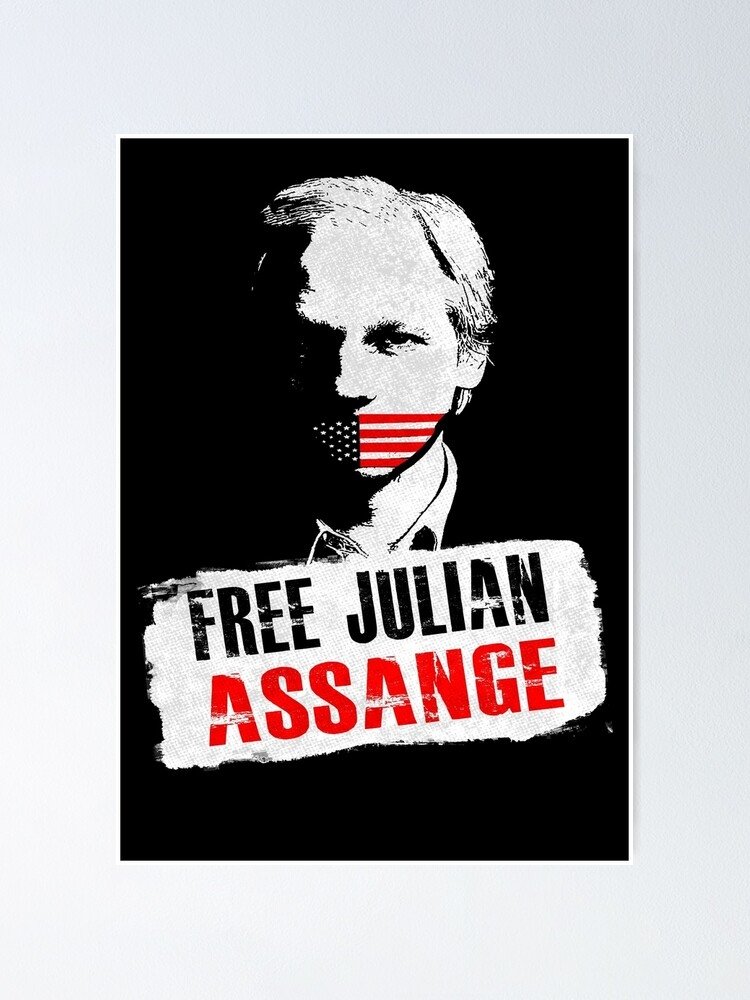

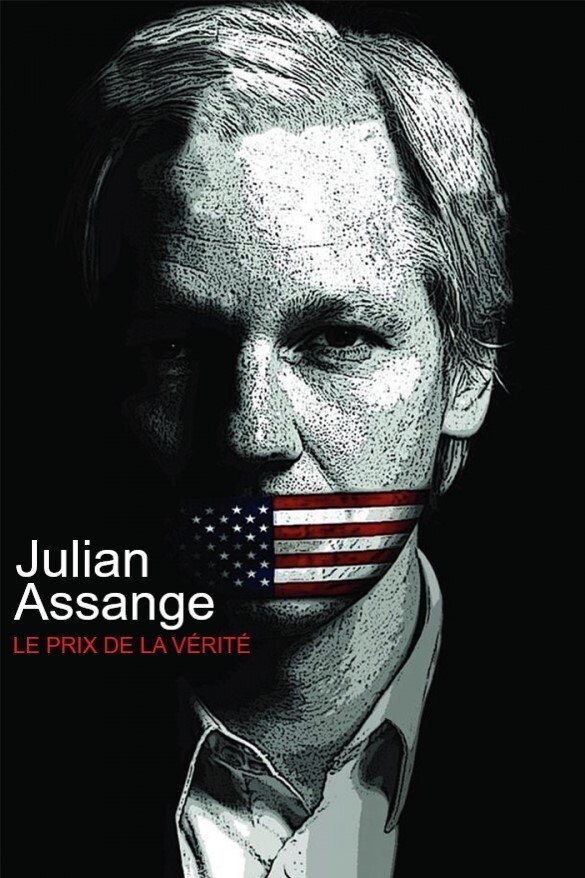
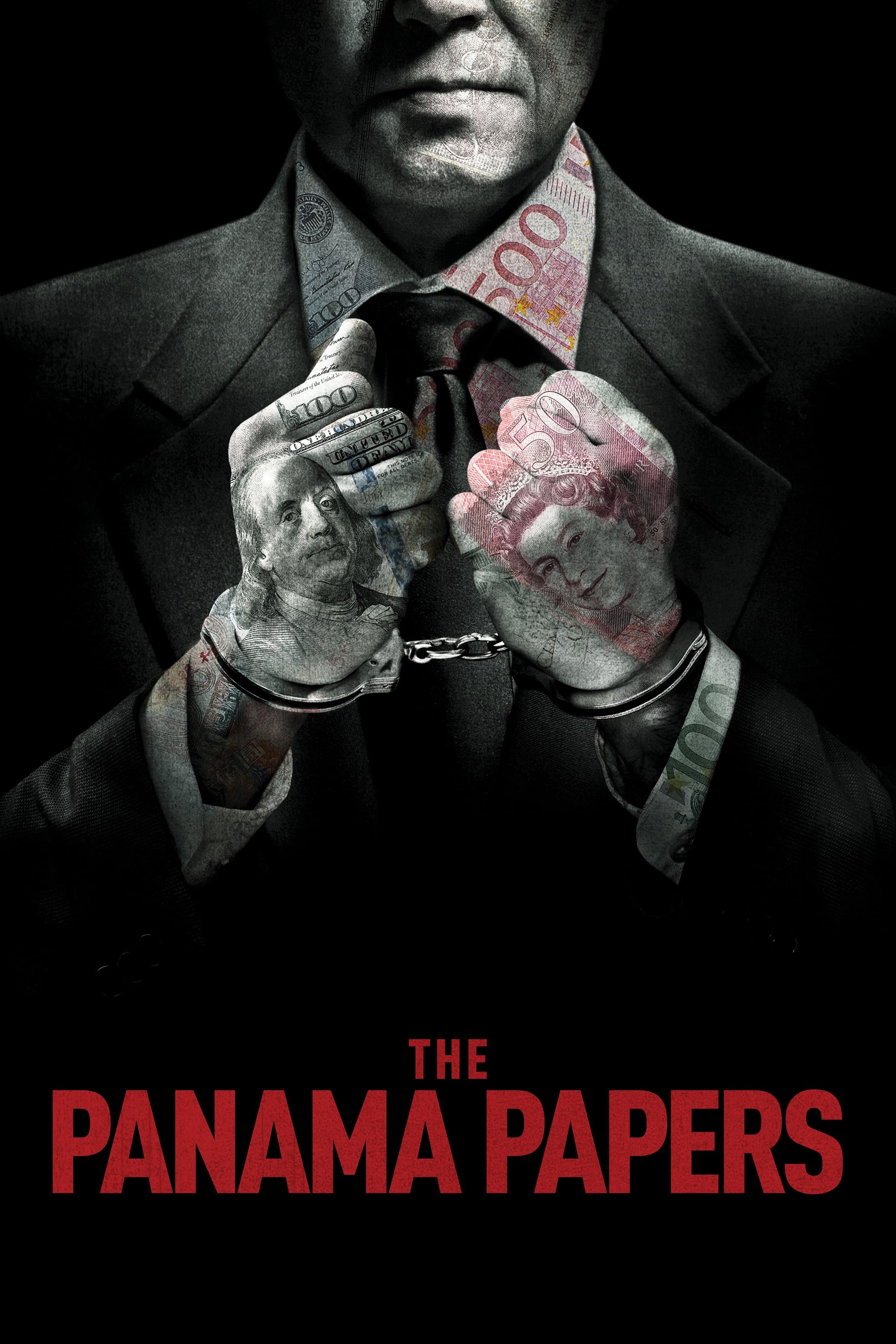
A documentary feature film about the biggest global corruption scandal...

Though both the historical and modern-day persecution of Armenians and...